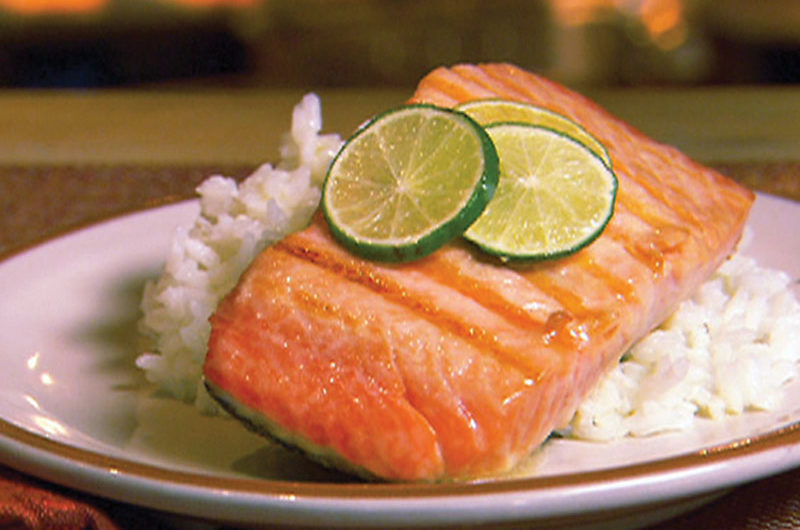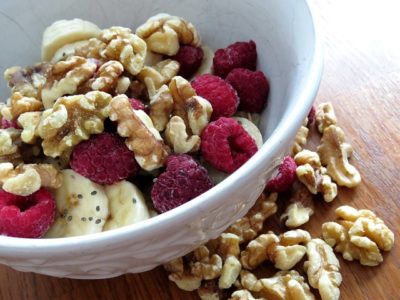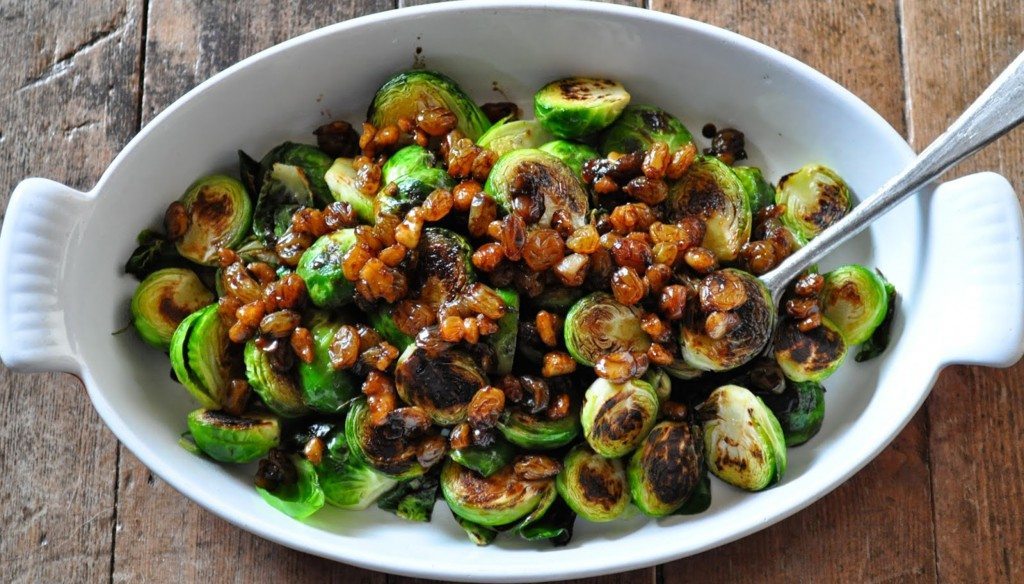
Have you heard of omega-3 fatty acids? These are essential fats that we must get from food; the human body cannot make this particular type of fatty acid. Omega-3s play a special role in cell membranes, hormone regulation and inflammation. They even bind to receptors in cells that regulate genetic function.
Omega-3s have been studied in depth; research has shown that they can help prevent heart disease, stroke and even play a protective role in cancer. The beneficial relationship between omega-3s and heart disease has the strongest evidence, including its effect on lowering blood pressure and heart rate.

Seafood rich in omega-3s includes salmon, fresh tuna and halibut. Incorporating fresh fish into your family dinner meals is always a great idea. I like to take advantage of ordering seafood when I dine out, as it is typically prepared in a lighter way than other entrees. Grilled salmon or lightly seared tuna is an excellent entrée option that is packed with omega-3s and heart-healthy benefits.
Omega-3s are known to be found in fish, however they are abundant in other foods as well. There are various plant-based omega-3 foods that include certain oils, nuts, seeds and beans. For example, walnuts, ground flaxseeds and chia seeds are known for their high omega-3 content. I love to add chopped walnuts and ground flaxseeds to cereal, yogurt or even salads for a nutritious boost. Chia seed pudding makes for a delicious healthy dessert, and you can find countless recipes for this on Pinterest.
There are also many foods that are fortified with omega-3s; these include eggs, milk and yogurt. These foods can be incorporated into your diet as snacks, such as a yogurt parfait or glass of milk/soy milk. I personally love a veggie-filled omelet for breakfast on the weekends, which can add some additional omega-3 benefit when fortified.

Certain green leafy vegetables are also good sources of ALA, which is one form of omega-3 fatty acids. These vegetables are packed with fiber and other nutrients as well. Try Brussels sprouts, kale, or spinach as a side with your dinner meal. Try kale chips as a snack or roasted Brussels sprouts to snack on during the day.
I often get asked whether or not one should take an omega-3 supplement. It’s important to note that the Food and Drug Administration advises no more than 3g of omega-3s per day, or else an individual may experience uncomfortable gastrointestinal symptoms. If you are eating fish at least twice a week and regularly including the other omega-3 rich foods listed in this article, you may not need an omega-3 supplement. Additionally, food forms are naturally more bioavailable to the body than supplements. However, if you dislike fish or may not be able to afford having fresh fish on a regular basis, an omega-3 supplement may not be a bad idea for you.
Stefani Pappas, MS, RDN, CDN, CPT, is a clinical dietitian nutritionist at St. Francis Hospital. She also provides private and group nutrition counseling at her office in Great Neck. Visit www.StefHealthTips.com for more info.


















